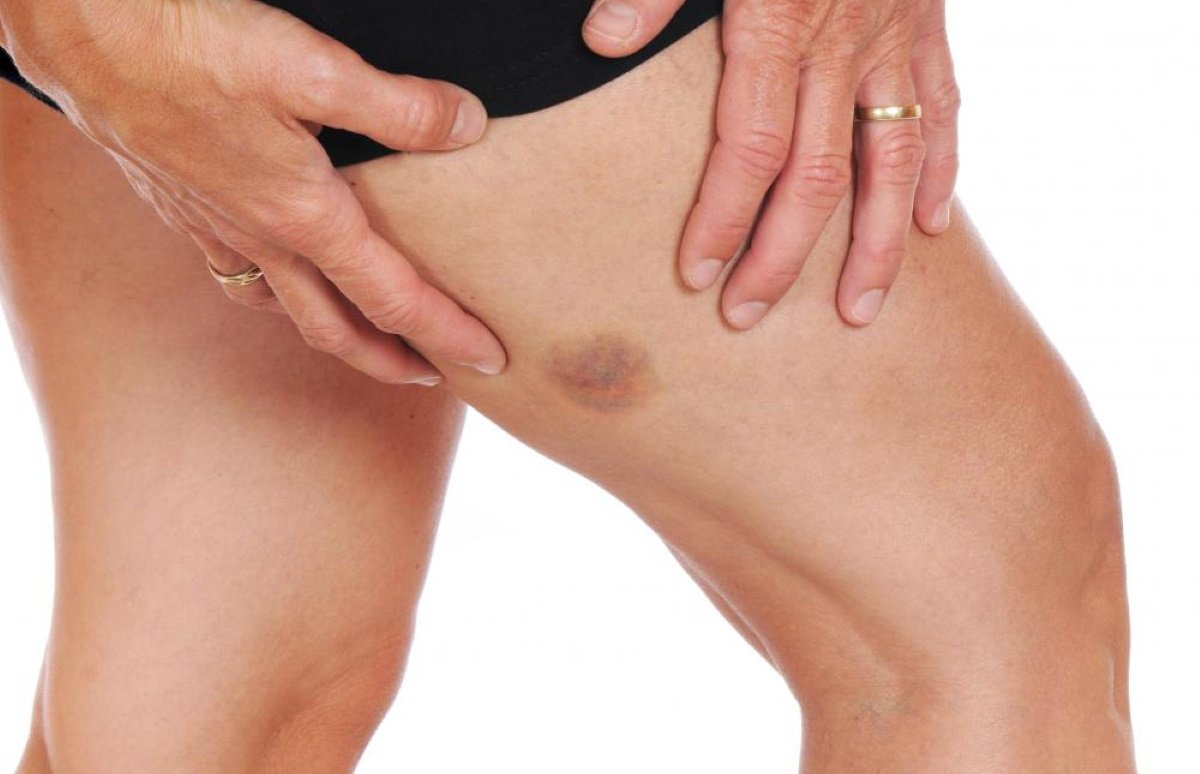Attention deficit hyperactivity disorder (ADHD) is a brain disorder that affects how you pay attention, sit still, and control your behavior. It happens in children and teens and can continue into adulthood.
ADHD can’t be prevented or cured. But spotting it early, plus having a good treatment and education plan, can help a child or adult with ADHD manage their symptoms.
ADHD Symptoms
Symptoms in children
Symptoms are grouped into three types:
Inattentive. Symptoms include:
- Is easily distracted
- Doesn’t follow directions or finish tasks
- Doesn’t seem to be listening
- Doesn’t pay attention and makes careless mistakes
- Forgets about daily activities
- Has problems organizing daily tasks
- Doesn’t like to do things that require sitting still
- Often loses things
- Tends to daydream
Hyperactive-impulsive. A child with ADHD:
- Often squirms, fidgets, or bounces when sitting
- Doesn’t stay seated
- Has trouble playing quietly
- Is always moving, such as running or climbing on things (In teens and adults, this is more often described as restlessness.)
- Talks excessively
- Is always “on the go,” as if “driven by a motor”
- Has trouble waiting his or her turn
- Blurts out answers
- Interrupts others
Combined.
This involves signs of both other types.
Symptoms in adults
Symptoms of ADHD may change as a person gets older. They include:
- Often being late or forgetting things
- Anxiety
- Low self-esteem
- Problems at work
- Trouble controlling anger
- Impulsiveness
- Substance misuse or addiction
- Trouble staying organized
- Procrastination
- Easily frustrated
- Often bored
- Trouble concentrating when reading
- Mood swings
- Depression
- Relationship problems
ADHD Causes
Experts aren’t sure what causes ADHD. Several things may lead to it, including:
- Genes. ADHD tends to run in families.
- Chemicals. Brain chemicals in people with ADHD may be out of balance.
- Brain changes. Areas of the brain that control attention are less active in children with ADHD.
- Poor nutrition , infections, smoking , drinking, and substance abuse during pregnancy . These things can affect a baby’s brain development.
- Toxins, such as lead. They may affect a child’s brain development.
- A brain injury or a brain disorder. Damage to the front of the brain, called the frontal lobe, can cause problems controlling impulses and emotions.
Sugar doesn’t cause ADHD. ADHD also isn’t caused by too much TV, a stressful home life, poor schools, or food allergies.
ADHD Treatment
Many symptoms of ADHD can be managed with medication and therapy.
Children
- Special education helps a child learn at school. Having structure and a routine can help children with ADHD a lot.
- Behavior modification teaches ways to replace bad behaviors with good ones.
- Psychotherapy (counseling) can help someone with ADHD learn better ways to handle their emotions and frustration. It could help improve their self-esteem. Counseling may also help family members better understand a child or adult with ADHD.
- Social skills training can teach behaviors, such as taking turns and sharing.
Adults
Support groups of people with similar problems and needs can help you learn more about ADHD and how to manage your symptoms. These groups are helpful for adults with ADHD or parents of children with ADHD.
Natural remedies
Dietary supplements with omega-3s have shown some benefit for people who have ADHD.
A few lifestyle changes can also help you or your child manage symptoms:
- Eat a healthy diet with lots of fruits, veggies, whole grains, and lean protein.
- Get some exercise every day.
- Limit time spent on electronic devices.
- Get plenty of sleep.
If your child has ADHD, it may help for you to:
- Keep a clear schedule and routines.
- Talk to your child simply and honestly about what you expect from them.
- Focus only on your child when you’re talking to them.
- Be an example of calm, focused behavior.
- Reward good behavior.
ADHD Outlook
Without treatment, ADHD can make it hard to deal with the challenges of everyday life. Children may have trouble learning or developing social skills.
Adults could have problems with relationships and addiction. The disorder could also lead to mood swings, depression, low self-esteem, eating disorders, risk-taking, and conflicts with people around you.
But many people who have ADHD live happy, full lives. Treatment helps.





